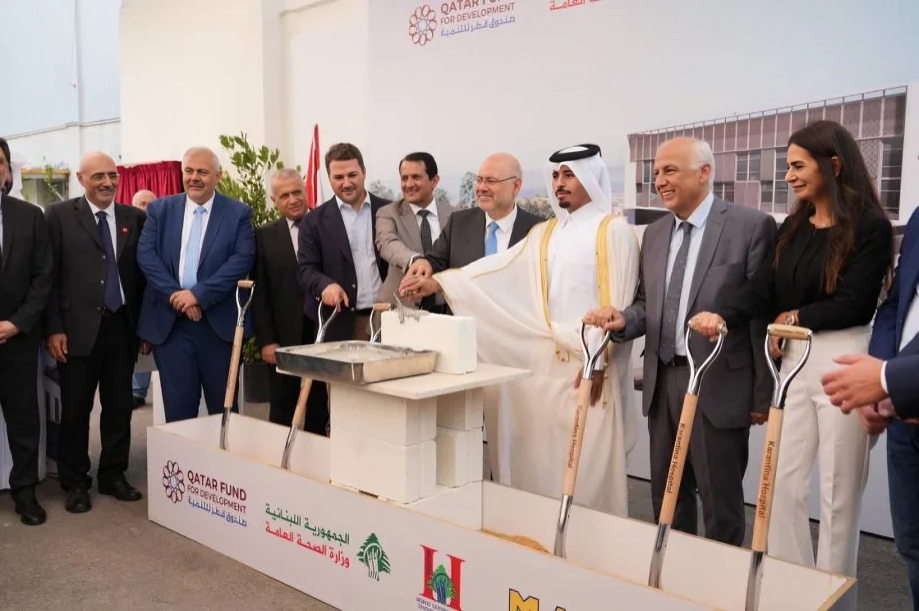The reconstruction of Karantina Hospital represents Qatar’s commitment to bolstering Lebanon’s healthcare system and enhancing its emergency response capabilities.
The Qatar Fund for Development, in collaboration with the Lebanese Ministry of Public Health, has laid the foundation stone for the reconstruction of the Karantina Hospital in Beirut.
The initiative is a crucial element of Lebanon’s rebuilding efforts following the devastating Beirut port explosion on August 4, 2020.
The blast is considered to be one of history’s largest non-nuclear, human-caused explosions, where more than 200 people were killed and 6,000 others were injured.
The project aims to rehabilitate and equip Building “B” of the hospital, which was severely damaged in the blast.
The foundation stone ceremony was attended by Sheikh Saud bin Abdulrahman Al-Thani, Qatar’s Ambassador to Lebanon, and Sultan bin Ahmed Al Asiri, Acting Director General of QFFD.
Also present were Michel Matar, Chairman of the Board of Karantina Hospital, and Lebanon’s Minister of Health, Firas Abiad.
The effort is part of Qatar’s broader commitment to supporting Lebanon, a promise made by Qatar’s Amir Sheikh Tamim bin Hamad Al-Thani during the international donors’ conference held in Paris in the aftermath of the port explosion.
The Karantina Hospital was a key state facility offering crucial healthcare services to Beirut’s vulnerable residents, and was also the site of Lebanon’s national childhood vaccination programmes.
Its reconstruction represents Qatar’s commitment to bolstering Lebanon’s healthcare system and enhancing its emergency response capabilities.
Since the Beirut explosion, Qatar has actively supported Lebanon through a range of humanitarian aid, including medical supplies and food.
Amin Salam, Lebanon’s Caretaker Minister of Economy and Trade, expressed his gratitude on X.
“Thank you to Qatar, both its leadership and its people, for their commitment to rebuilding and equipping the government hospital,” he said.
“This will greatly benefit the Lebanese [people], particularly families with limited incomes and those who are most underprivileged.”







